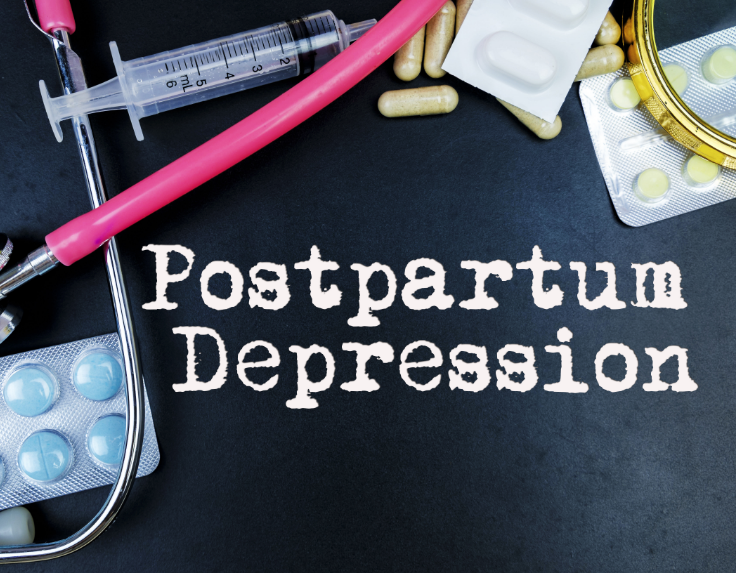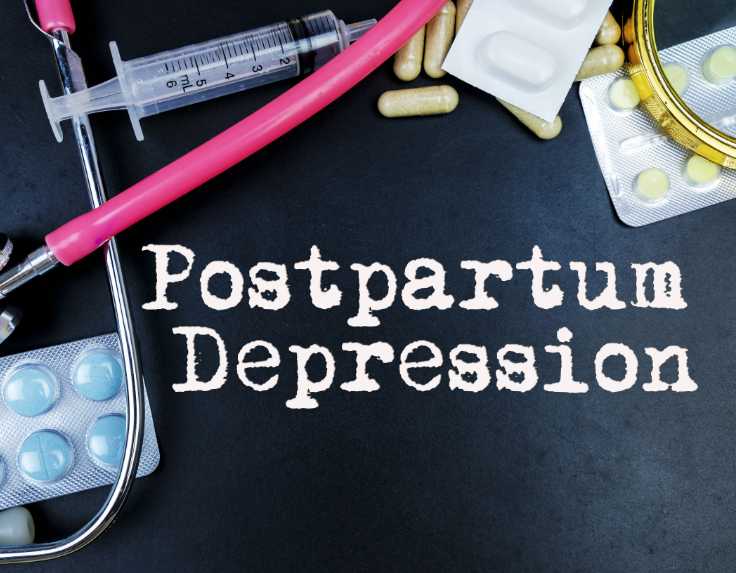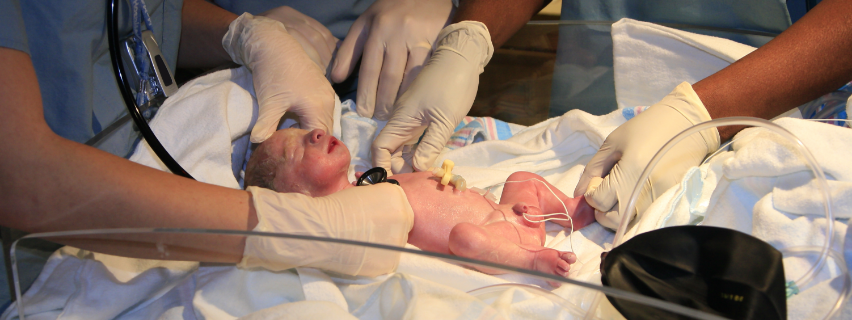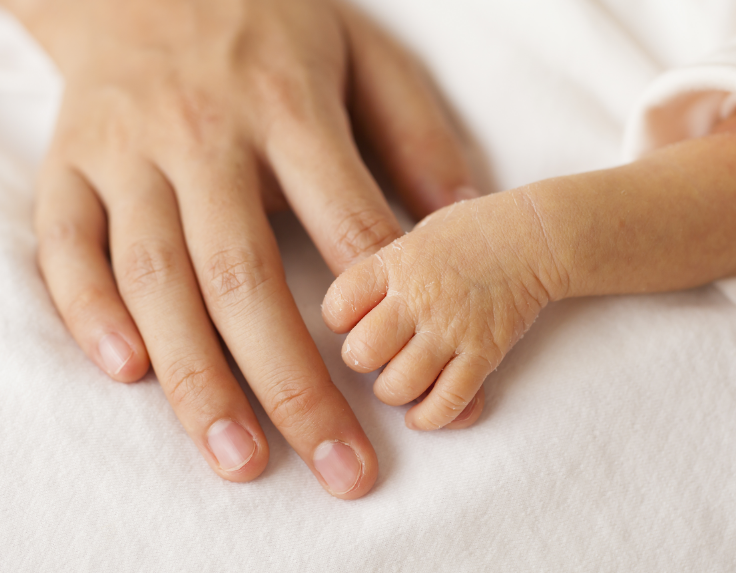Babies are the most beautiful creation of God! And, what is more, beautiful is watching the growth and development of your little one, isn’t it? If you are a parent of a 4 to 6-month baby, you will surely connect. Prega News is here to help out the parents with the child’s growth & development guide. With this article, we want to provide immense information to parents about their little one’s growth and development. So, if you are one of those who need guidance related to your baby’s Food and Nutrition, Brain development activities, baby care and tips, and more, this blog is for you.
Development Milestones
When your baby turns 4-6 months, they become aware of their surroundings. The development milestones include clapping hands, babbling, and rolling over. Each day you will experience a new adventure – from cuddling before their nap time to listening to a sibling’s chatter- which will make your baby learn many things about the world. Your baby will develop uniquely. During the period when they are 4 to 6 months, they will start exploring the world and will enjoy their discovery.
Evolving motor skills:
Your little one’s legs and arms will wiggle and kick more. Soon, your munchkin will roll over on his/her tummy. Once the baby gains muscle strength, he/she will attain good head balance. They will push themselves up and begin sitting alone once they are placed in an upright position.
Improvement in Hand-eye coordination:
Your little one will grab a soft object, your finger, or a rattle. Anything which will come in your baby’s way will directly enter their mouth. Your baby will start pulling objects with a raking motion of their little hands.
Babbling new sounds:
When your baby is around 4 to 6 months he/she will start babbling chains of consonants. He/she will express their happiness with their voice. They will start responding to your voice and will recognize their name.
Clearer vision:
At this time, your baby will get to know about subtle shades of blues, yellows, and reds. They will start loving toys of different colours and shapes. If you place the ball on the floor, they will try to chase it and follow the object with their eyes by turning their head.
Development activities to do
By the time your little munchkin turns 4-6 months, your bundle of joy will transform into a babbling ball of energy. You have had a strong connection with your little one since birth but with the help of below activities, your baby will have a head start. If you love to boost your baby’s brain and body, the following child brain development activities are perfect to go with:
Tummy time:
Place your baby on his/her stomach on a baby sheet or blanket, and put some attractive toys in the line of their vision. Try to entice your baby with noisy and shiny objects, they will lift their head and rock their body. This type of play will let your baby control their head, limbs, and body movements.
Read my lips:
By this age, your bundle of joy has learned how to babble. And as a surprise factor, they have learned the sound. Hold your baby in your arms, so that he/she can focus on your lips and mouth. He/she will gaze at you, and speak back to you and will strengthen their language development.
Baby’s day out:
At least some days in a month, you must plan child-centered outings that will help them get to know the world better. Take them to the supermarket and point out the colors of vegetables and fruits or take them to the zoo and name the animals. They will start learning about things.
Brain development
Yes, 4-6 months is an important phase of child brain development stages when they start understanding things about the world. That is because your baby’s left side brain is talking with the right side of the brain. Now, your baby is ready to crawl with their arms and legs, begin to rock or they can pass a toy from one hand to another. Now, they learn about how to grab your attention, so they will fuss, cry or squeal.
Must Know Facts
Want to know some crucial facts about your 4–6-month little pumpkin? You will love to know that they start recognizing people. There are various child development stages which progress as follows:
● Get familiar with the faces. Respond to smiles, affection, and will laugh when you talk to them.
● They will learn how to sit with support.
● They will learn about how to push up their hands or elbows during tummy time.
● They can hold their head for a long time and will roll up from tummy to back. Now your baby has started learning about the world. They will recognize the shapes of the toys, shades of yellows, blues, and red, and enjoy the knowledge.
Food and Nutrition
Breast milk is the best source of nutrients for 0–6-monthold babies. By the time your baby reaches 6 months, they need some other nutrients. Now you need to give them packed nutrients. The child brain development food should include the following:
- The baby needs protein. Proteins are considered the most important nutrient for a baby and are known as the building blocks. Protein will help your baby to grow and repair its muscles.
- Iron is a much-needed nutrient for babies. It is good for hemoglobin and brain activity. A newborn has enough iron till they are 4 months, after that, you need to incorporate iron into them
- Calcium is one of the required nutrients for your babies. A minimum of 500 mg calcium is mandatory per day. Breast milk is a good source of calcium or baby formula milk.
- Vitamins for child brain development are:
● Vitamin A and C enhance your baby’s vision and skin.
● Vitamin B helps your baby with good metabolism and immunity. Vitamin D is good for healthy bones. Vitamin E is the best source for the development of the nervous system. Vitamin K helps babies in preventing blood clots. Apart from that 3mg of Zinc and Carbohydrates are a must for your babies.
Baby care tips
There are some Baby care tips for the parents:
- Fulfil your baby’s Nutritional Requirement
- Must develop a sleep schedule
- Help your baby in his/her development
- Help to ease his/her pain when they start teething
- Help your baby to communicate
- Get your baby vaccinated for their good health
Key Takeaway
Parents, are you ready for the new adventures? If “yes”, the above information will help you out! Via this article, Prega News is giving all the crucial information about child growth, tips to parents which will help them in their parenting journey. Babies are our bundle of joy and we need to let them explore their world. Every single month of your baby until they get one year old will come with new changes, growth and development.
People also ask (FAQ)
What is a 4-month-old baby’s development?
● When your little ones come into this world, their vision is still developing. By the time your baby turns four-month, the clarity of vision improves, especially when they see colors. You can introduce bright toys, colors so that they can appreciate it.
● The baby will try to mimic some words when they turn four months.
What should babies be doing at 4-5 months?
When your baby turns 4-5 months, they get aware of their surroundings. The activities include clapping hands, babbling, and rolling over. Each day you will experience a new adventure – from cuddling before their nap time to listening to a sibling’s talk all of which will aid their development. When your baby turns 4 to 5 months, he/she will have good head balance, start rollback from tummy to back, back to tummy, sit up with support etc.
What food can we give to a 4 months baby?
Food which you can give to your 4-6-month-old baby are as follows:
● Pea Puree
● Banana Puree
● Baby brown rice cereal
● Avocado puree
● Carrot puree
● Baked sweet potato puree
How much should a 4-month old weigh?
By 4 months, your baby’s weight can get doubled in comparison to their birth weight. Generally, most babies gain around half a kg to a kg by the time they are four months.
By 5 months, your baby’s weight can bet doubled in comparison to their birth weight. From birth to age 6 months, a baby may gain about 140 to 200 grams a week.










































